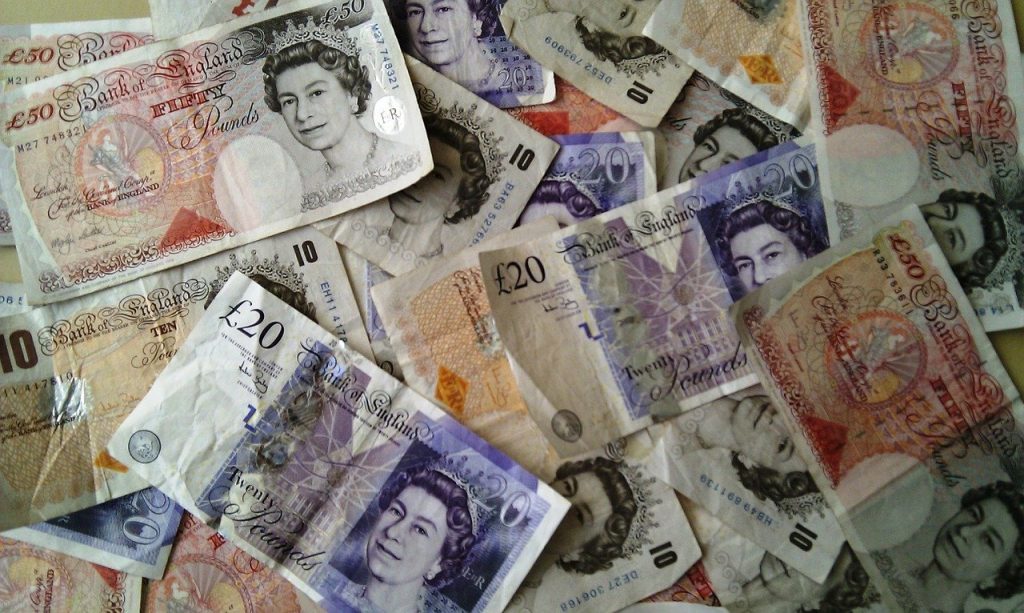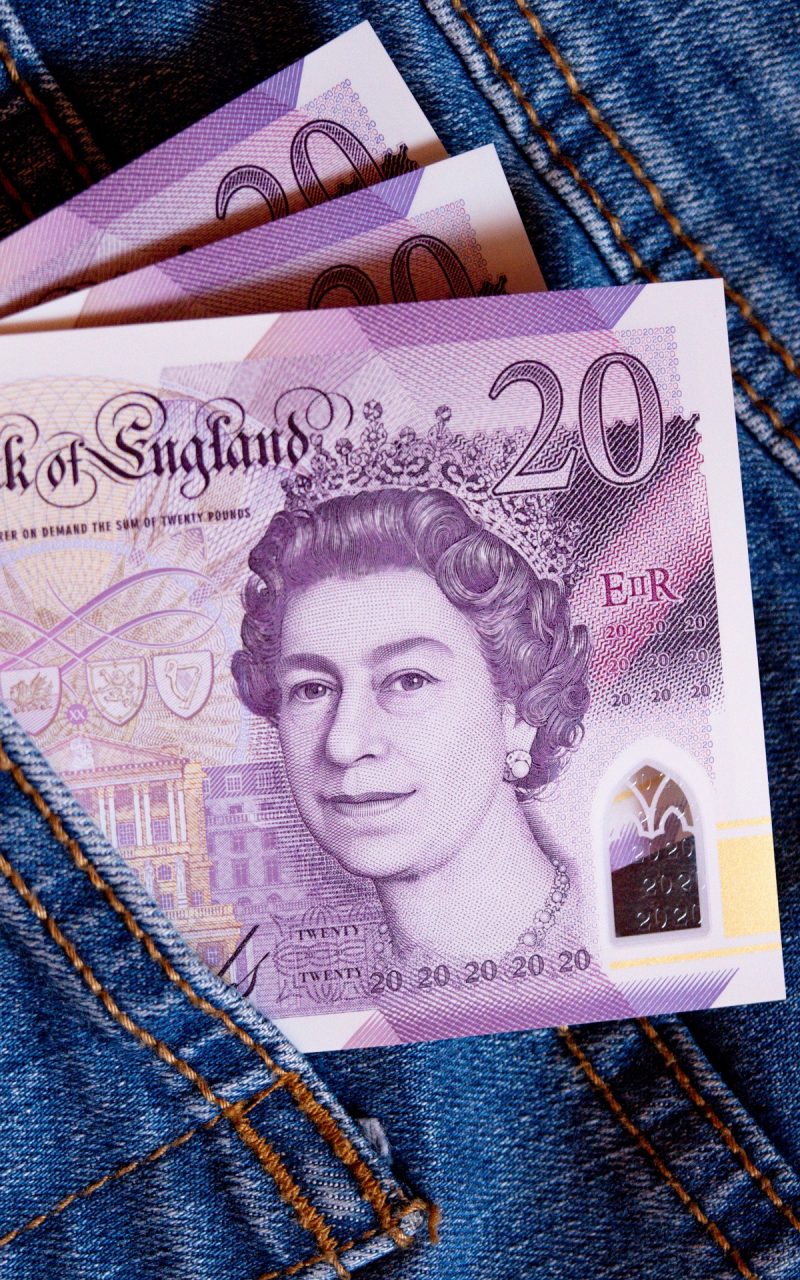A recent report from The Economic Affairs Committee entitled, ‘Quantitative easing: a dangerous addiction?’, has warned that the Bank of England is becoming “addicted to quantitative easing” (printing money), which is leading to higher UK inflation and causing almost irreversible damage to the government’s finances.
Table of Contents
Bank of England “addicted” to printing money
Lord Forsyth of Drumlean who is the Chair of the Economic Affairs Committee said:
“The Bank of England has become addicted to quantitative easing. It appears to be its answer to all the country’s economic problems and by the end of 2021, the Bank will own an eye-watering £875bn of Government bonds and £20bn in corporate bonds.
“The scale and persistence of QE—now equivalent to 40% of GDP—requires significant scrutiny and accountability. However, the Bank has faced few questions until now. Going forward, the Bank must be more transparent, justify the use of QE and show its working. The Bank needs to explain how it will curb inflation if it is more than just short term. It also needs to do more to mitigate widening wealth inequalities that have resulted from rising asset prices caused by QE.”
What is Quantitative Easing?
Quantitative easing (QE) is essentially, central banks such as the federal reserve (FED) or the Bank of England printing money (digitally) to inject money or ‘stimulus’ into the financial system.
This is usually done by a central banks printing money out of thin air, and buying financial assets such as mortgage backed securities and government bonds.
An increase in money supply can lead to inflation, meaning the price of everyday goods and services get more expensive. The average person would have a reduction in purchasing power, as the money they have now buys less goods and services.
Think Zimbabwe, or more recently Venezuela, where hyperinflation has made the currency almost worthless.
QE is a serious danger.
Lord Forsyth goes on to comment:
“QE is a serious danger to the long-term health of the public finances. A clear plan on how QE will be unwound is necessary, and this plan must be made public.”
The report also adds that the Bank of England is widely perceived to be using QE to finance the Government’s record deficit spending.
The Bank’s bond purchases were aligned closely with the speed of issuance by HM Treasury. If perceptions continue to grow that the Bank is using QE mainly to finance the Government’s spending priorities, it could lose credibility, and this would harm its ability to control inflation and maintain financial stability.

Increasing the wealth divide in society.
It could be argued that the BOE’s QE programme is in fact increasing the wealth gap in today’s society.
Quantitative easing more often than not simply boosts asset prices.
The wealthiest top percent in society own the majority of stocks, bonds, property, businesses and real assets, which is why there is an increasing wealth divide due to all this money printing.
The BOE has not set out a plan to reverse QE.
The report throws up a confusing message from the BOE as first it said it would raise interest rates before reversing QE, but now it is considering reversing QE before raising interest rates.
The committee said during the course of its inquiry that, “The Bank must set out its rationale for changing its policy and set out a clear exit strategy, particularly considering the growing debate on inflation.”
There is little evidence to show that printing money has worked.
The report finds that there is little evidence to show that QE increased bank lending or investment, or indeed that it had increased consumer spending by asset holders.
Gold.
You can’t print gold, the supply of gold bullion is limited.
Not only the Bank of England but Central Banks globally are initiating huge quantitative easing programme which in turn is de-valuing fiat currency. Over time all major currencies have depreciated relative to gold.
Historically, gold has held its value over long periods of time and can protect your wealth from the real and ongoing risks of quantitative easing, inflation and hyperinflation.
Main Image by Balazs Sinkovicz from Pixabay



